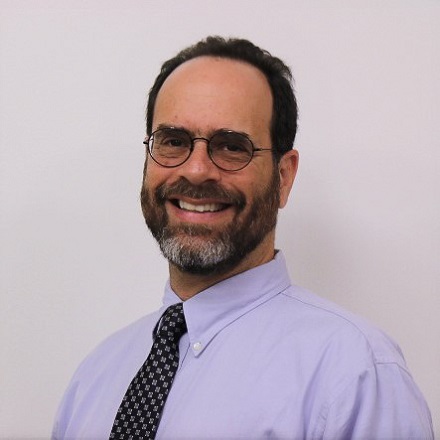
David Hausner, PhD, MPH, MIA
Program Director,
Generation Next Humanitarian Fellowship Program
Sustaining Technical and Analytic Resources (STAR)
Program Director,
Generation Next Humanitarian Fellowship Program
Sustaining Technical and Analytic Resources (STAR)
Dr. David Hausner is responsible for the overall leadership and management of the Sustaining Technical and Analytic Resources (STAR) project, a global health internship and fellowship program , and the Generation Next Humanitarian Fellowship Program, both funded by USAID, as well as the Packard Foundation Technical Assistance Program. He works closely with USAID to support improving the capacity of emerging global health and humanitarian leaders through partnering with public health institutions, including government, non-government, private, and academic institutions in the US and low- and middle-income countries (LMIC), and with the Packard Foundation to support their team, which provides important reproductive health grants to organizations working in the South Asia region.
Dr. Hausner has nearly three decades, including over 20 years living in LMIC, of progressively responsible leadership experience in capacity building, senior project and personnel management, partnership building and collaboration, grant and contract management, budgeting, and monitoring and evaluation. He has programmatic expertise specifically in HIV prevention and care, as well as generally in global public health.
Dr. Hausner was the Chief of Party in India from 2013-2016 for the CDC-funded Strategic Assessments for Strategic Action (SASA) project, and Country Director in India from 2009-2012 for the USAID-funded AIDSTAR-One project. Between 2005 and 2009, Dr. Hausner was Regional Director for the USAID-funded, $15 million, HIV-related CAPACITY Project in five countries in Central Asia (Kazakhstan, Kyrgyzstan, Tajikistan, Turkmenistan, Uzbekistan), where he and his team leveraged an additional $2 million from the World Bank’s Central Asia AIDS Project. Dr. Hausner also spent three years (2002-2005) as the HIV and infectious diseases Team Leader for USAID in Cambodia, and has completed short-term technical assistance to conduct trainings, evaluations, and strategic planning in Kenya, Uganda, Tanzania, South Africa, Nepal, Thailand, Myanmar, Vietnam, Saint Lucia, and Dominican Republic, among others.
Dr. Hausner has a deep understanding of the needs of public health implementation teams working in the field, as well as the perspectives of Ministries of Health and USAID. Dr. Hausner earned his Master’s in Public Health (MPH) and his Master’s in International Affairs (MIA) from Columbia University, and his PhD in International Public Health from Johns Hopkins University.
You change the world. We do the rest. Explore fiscal sponsorship at PHI.
Together, we can accelerate our response to public health’s most critical issues.
Begin your career at the Public Health Institute.
Communities across the U.S. and around the world are grappling with dangerous wildfires and extreme heat. Explore PHI's resources, tools, programs and impacts to help protect your community—with a focus on ways to reach systemically excluded groups with key resources and information, and invest in transformative solutions to promote safety, equity and resiliency.
